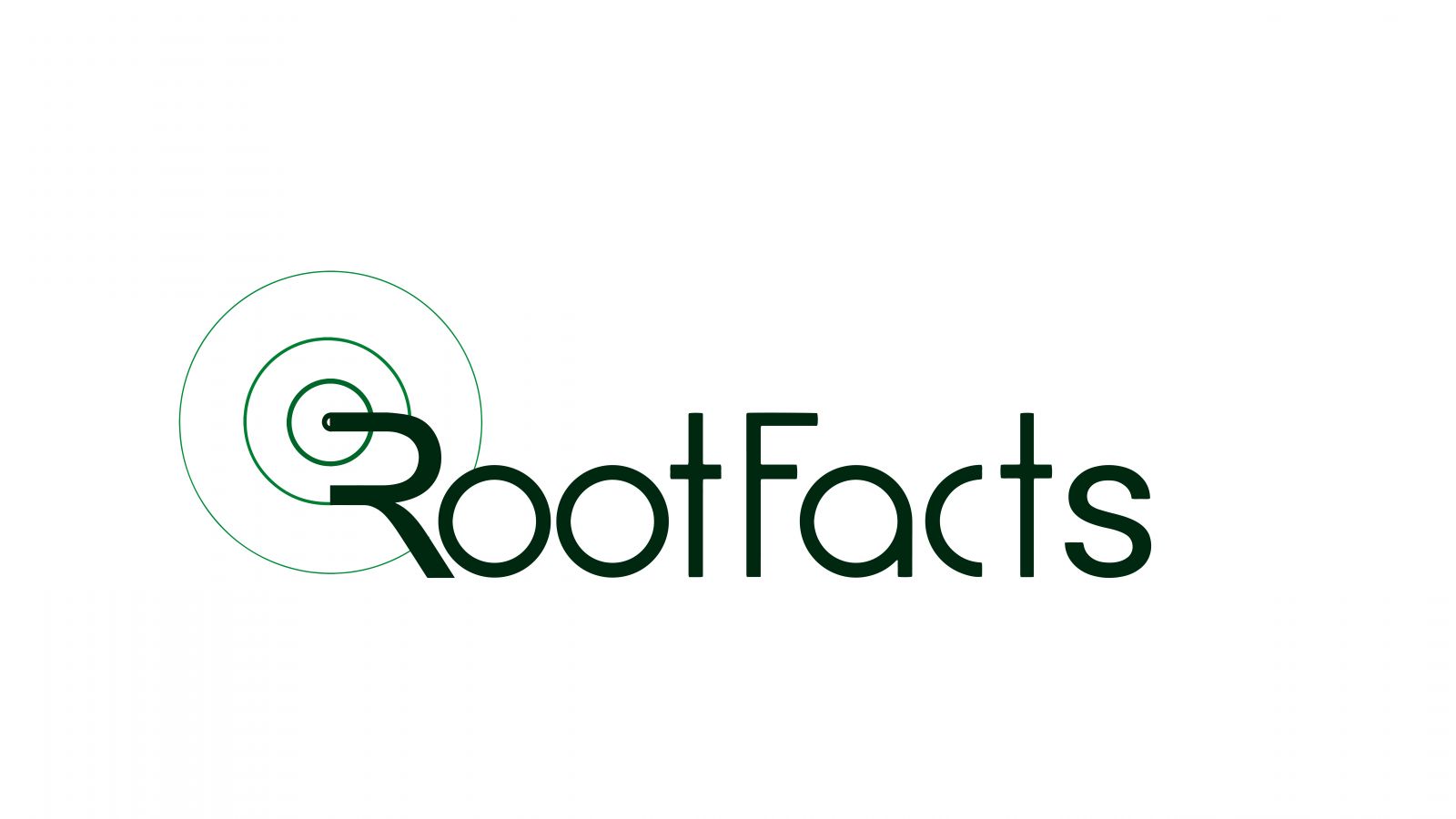Case Study 1
Smart Luggage Tracking for Improved Travel Experience and Reduced Lost Luggage (Logistics Focus)
Challenges
Lost luggage is a major pain point for travelers and tourism companies. Traditional luggage tracking methods are often unreliable, leading to frustration and inconvenience.
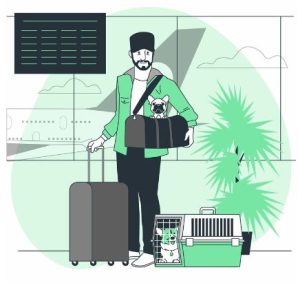
Solutions
Tourism companies can partner with luggage manufacturers to offer smart luggage solutions. These suitcases can be equipped with embedded GPS trackers or Bluetooth beacons. Trackers allow travelers to monitor their luggage location in real-time through a mobile app. Beacons can be used to locate luggage within airports or baggage claim areas. The data is transmitted wirelessly to a secure platform accessible by travelers and tourism company representatives.
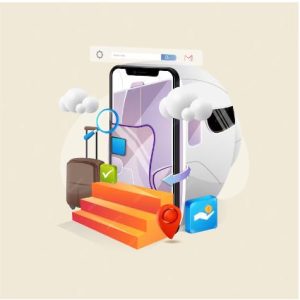
Benefits
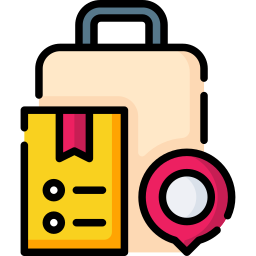
Reduced stress and anxiety for travelers by enabling real-time luggage tracking throughout the journey.

Improved efficiency in locating lost luggage, minimizing inconvenience and delays.

Enhanced operational efficiency for airlines and airports through faster luggage handling and retrieval.

Potential for tourism companies to offer value-added services like expedited luggage delivery or insurance options.
Case Study 2
Smart City Tours with Interactive Guides and Location-Based Information (Destination Management Focus)
Challenge
Traditional city tours rely on generic guide narratives and may not cater to individual interests. Tourism companies struggle to offer personalized and interactive tour experiences.
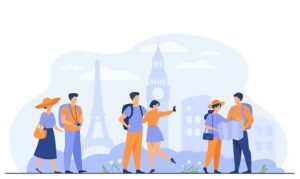
Solution
Tourism companies can develop smart city tour experiences leveraging wearable technology and location-based services. Tourists can be equipped with smart glasses or augmented reality (AR) headsets that display real-time information about historical landmarks or points of interest as they approach them. Interactive audio guides can be personalized based on the traveler’s language preferences and interests. The system can also offer recommendations for nearby restaurants, shops, or additional attractions.

Benefits

Enhanced visitor engagement with interactive and personalized city tour experiences.
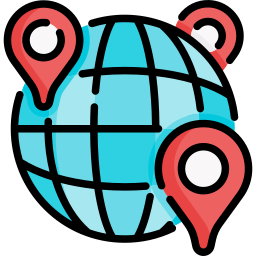
Increased knowledge retention through visual and auditory information combined with real-world locations.

Improved accessibility with multilingual audio guides and personalized navigation features.
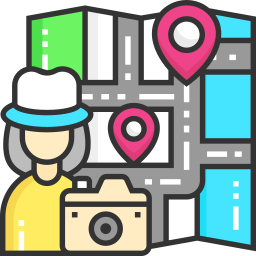
Potential for data-driven insights into visitor preferences and popular tour routes for future planning.
